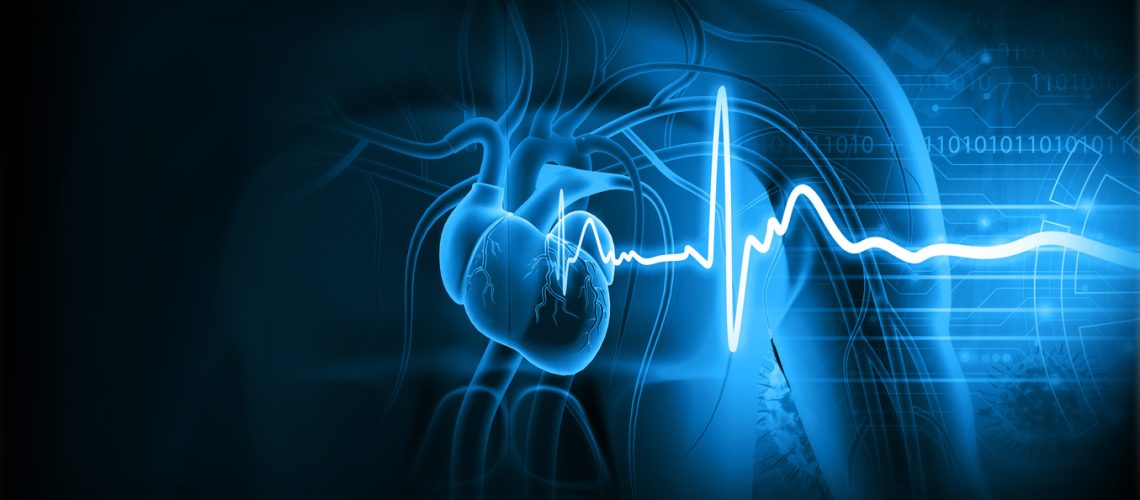A normal heart rhythm is something that we usually take for granted, but when it becomes abnormal in some way, it can cause worrying symptoms, or have wider complications for the body. The most common symptom associated with a heart rhythm problem is palpitations – often described as a feeling of pounding or fluttering in the chest – but other symptoms include dizziness, blackouts and shortness of breath.
The most common rhythm disturbance, atrial fibrillation, can not just cause unpleasant symptoms, but can also make someone up to five times more likely to suffer a stroke, and it is with this in mind that the Arrhythmia Alliance aims to raise awareness of heart rhythm disorders during World Heart Rhythm Week, which this year runs from 3-9 June.
Click here to visit their website and learn more about the many different types of heart rhythm disorder, the treatments available to remedy them, and how you can help to keep yourself safe by learning to take your pulse with the Know Your Pulse campaign.
